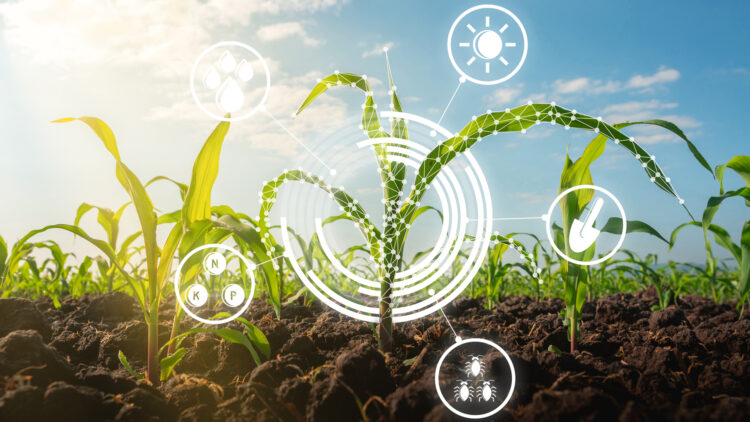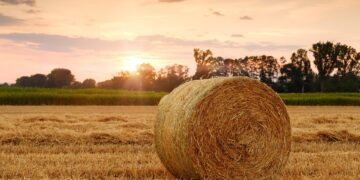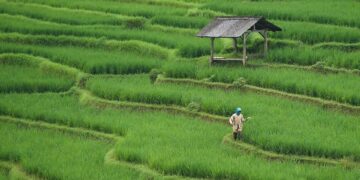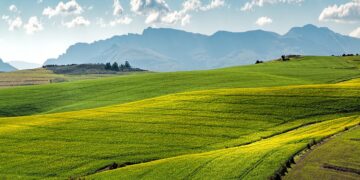[ad_1]
Growing Green: The Sustainable Future of Farming
In recent years, the importance of sustainability in agriculture has become increasingly apparent. With concerns about climate change, resource depletion, and food security on the rise, many farmers are turning to sustainable practices to ensure the long-term health and viability of their operations. This shift towards sustainable farming is not only beneficial for the environment, but also for the farmers themselves, as it can lead to increased profitability and resilience in the face of changing conditions.
The Benefits of Sustainable Farming
There are numerous benefits to adopting sustainable farming practices. One of the most obvious is the positive impact on the environment. Sustainable farming methods can help reduce greenhouse gas emissions, conserve water and soil resources, and protect biodiversity. By minimizing the use of synthetic inputs such as pesticides and fertilizers, sustainable farmers can also help reduce pollution and improve the health of their local ecosystems.
But the benefits of sustainable farming go beyond environmental considerations. By focusing on practices that promote soil health and fertility, farmers can improve the long-term productivity of their land. This can lead to higher yields, better crop quality, and increased profitability. Sustainable farming methods can also help farmers reduce their reliance on expensive inputs, such as chemical fertilizers and pesticides, which can result in cost savings and improved financial stability.
Common Sustainable Farming Practices
There are many different sustainable farming practices that farmers can adopt to improve the sustainability of their operations. Some common practices include:
1. Conservation Tillage
Conservation tillage involves minimizing soil disturbance during planting and harvesting in order to protect soil structure and reduce erosion. By leaving crop residues on the soil surface, farmers can help improve water infiltration, reduce runoff, and build soil organic matter.
2. Crop Rotation
Crop rotation is the practice of alternating different crops on the same piece of land in order to improve soil health and reduce pest and disease pressure. By planting a variety of crops with different nutrient requirements, farmers can help maintain soil fertility and reduce the need for chemical inputs.
3. Cover Cropping
Cover cropping involves planting non-cash crops, such as legumes or grasses, between cash crop seasons to help protect soil, suppress weeds, and improve soil fertility. Cover crops can also help sequester carbon and reduce erosion.
The Future of Sustainable Farming
As the global population continues to grow and the impacts of climate change become more pronounced, the need for sustainable farming practices will only become more urgent. Fortunately, there is a growing recognition among farmers, policymakers, and consumers of the importance of sustainability in agriculture. Many governments are now offering incentives and support for farmers who adopt sustainable practices, and consumers are increasingly demanding sustainably produced food.
With advances in technology and research, sustainable farming practices are becoming more accessible and cost-effective than ever before. From precision agriculture tools that help farmers optimize their inputs to regenerative farming techniques that rebuild soil health, there are a wide range of options available to farmers looking to improve the sustainability of their operations.
Conclusion
As we look towards the future of farming, it is clear that sustainability will play a central role in ensuring the long-term health and viability of our food systems. By adopting sustainable farming practices, farmers can not only protect the environment and improve the health of their land, but also increase their profitability and resilience in the face of changing conditions. The shift towards sustainability in agriculture is not only necessary, but also an opportunity to create a more sustainable and secure food system for future generations.
By embracing sustainable farming practices, we can work towards a greener, more sustainable future for agriculture, and ensure that we are able to feed a growing global population while protecting the health of our planet.
[ad_2]












